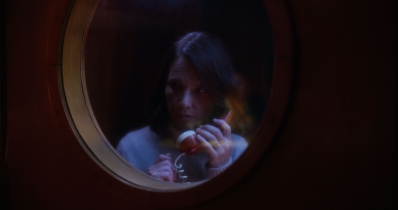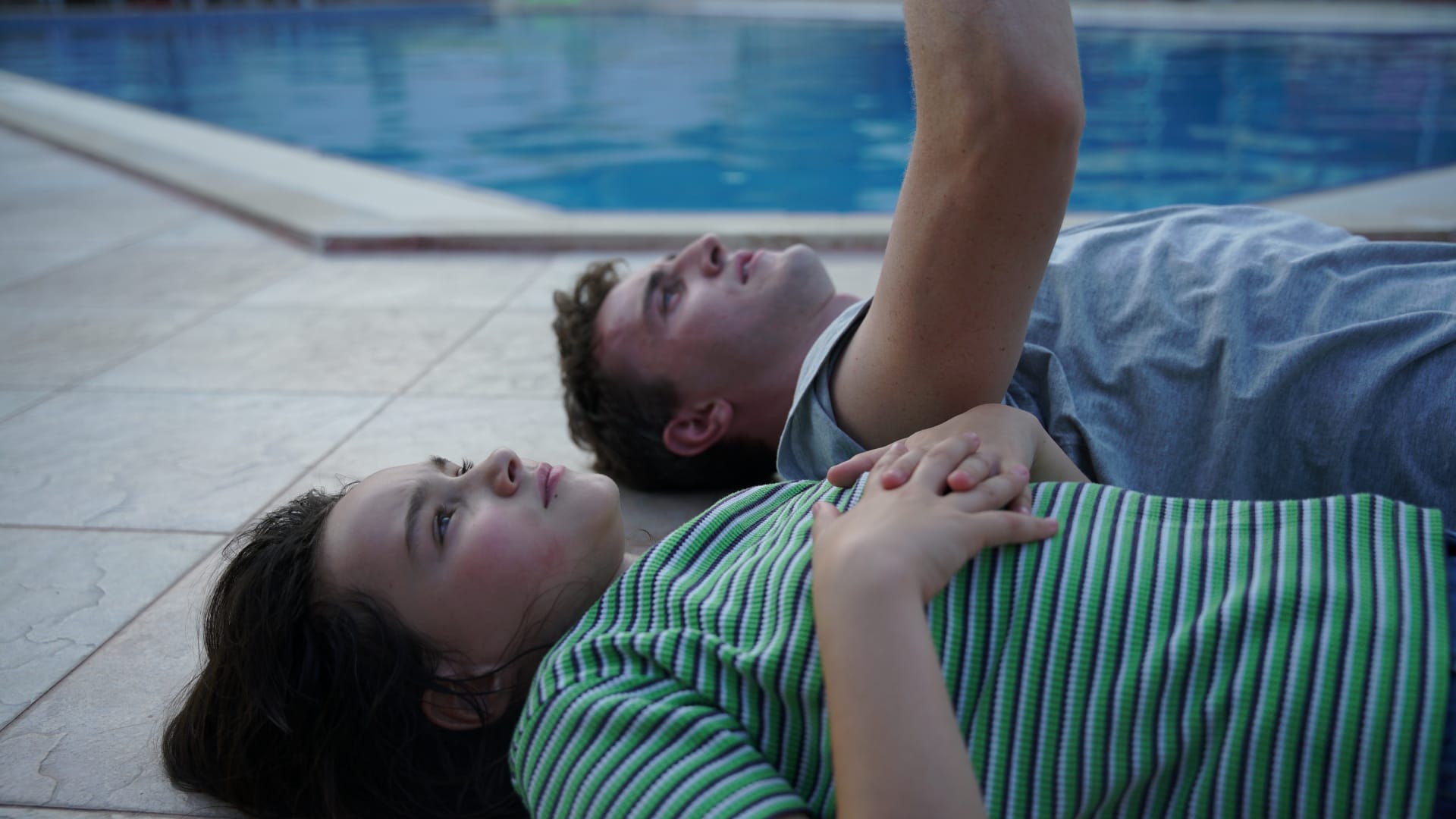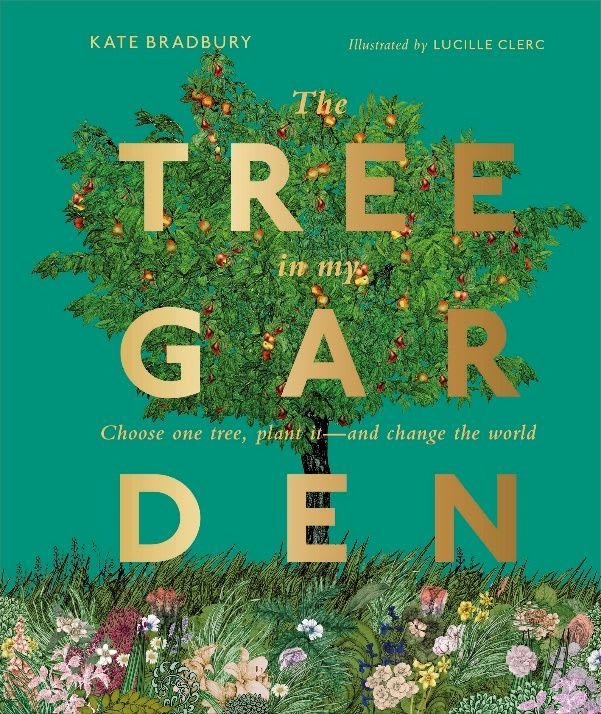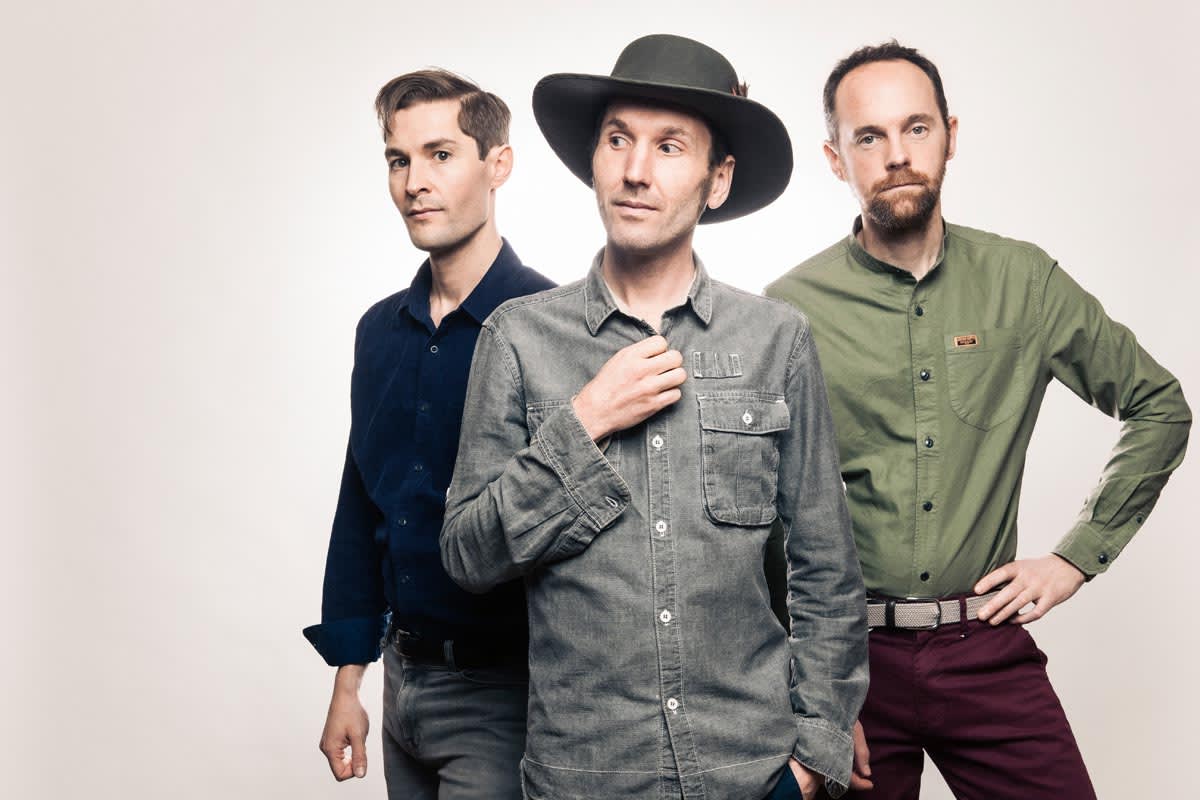Oxford’s only independent cinema, The Ultimate Picture Palace, is to be found in a Grade II listed building just off the Cowley Road. Showing an eclectic mix of independent, mainstream, classic and foreign language films, the UPP became community owned in 2022 with over 1,000 local investors buying shares to keep this much-loved Oxford landmark open for business.
At the 75th Golden Globes ceremony in January 2018, actress Natalie Portman was tasked with presenting the award for Best Director. By way of introducing the names of the five filmmakers up for the award, she pointedly referred to the fact that not one single women director had been nominated. Before the nominations were even announced, some critics had predicted that Greta Gerwig had a very good chance of winning the category for her coming-of-age comedy Lady Bird. To not even get nominated was a surprise but, sadly, not a shock. This is very much the norm amongst cinema’s biggest industry awards.
With the 95th Academy Awards coming up, take a glance at the list of filmmakers up for Best Director and Natalie Portman’s jibe rings true once again. Not a single women director is nominated. In fact, throughout the entire history of the Oscars, only seven women have ever been nominated for Best Director, with only three of those going on to win the prize: Jane Campion for The Power of the Dog, Chloé Zhao for Nomadland, and Kathryn Bigelow for The Hurt Locker. The BAFTAs only fair slightly better by comparison; eight nominations during the last three years and wins for Jane Campion’s The Power of the Dog in 2022 and Chloé Zhao’s Nomadland in 2021. Only one win before that – Kathryn Bigelow’s The Hurt Locker, 2010 – therefore brings the total winners in line with the Academy’s paltry figure: three. Is it not completely embarrassing that the industry’s most distinguished award ceremonies have virtually neglected to acknowledge the achievements of women filmmakers during the last 100 years?
The Academy has always had a historic slant towards rewarding Anglo-American filmmakers, so perhaps it is too much to expect legendary European filmmakers such as Agnès Varda, Chantal Akerman, and Věra Chytilová to have received nominations over the years. Nonetheless, what about America’s great women filmmakers? Comedian Elaine May directed an incredible run of films in the early-mid 1970s with A New Leaf (1971), The Heartbreak Kid (1972) and crime-drama masterpiece Mikey and Nicky (1976). Were none of these worthy of a single nomination? Following its theatrical re-release in 2021, it was great to see audiences finally (re)discovering the genius of Claudia Weill’s trailblazing indie rom-com Girlfriends. But where was the love when it was originally released back in 1978? And imagine what a thrill it would have been to see Julie Dash earn an Oscar nomination – or a win for that matter – for her groundbreaking 1991 release, Daughters of the Dust. The film was the first feature film directed by an African-American woman to be distributed theatrically in the US and is now widely regarded as one of the greatest American films of the last 30 years, one which can count Beyonce as one of its many admirers.
Following the announcement of this year’s Academy Award nominations, Los Angeles-based organisation Women In Film released the following statement: "Once again, Academy voters have shown that they don’t value women’s voices, shutting us out of the Best Director nominations. An Academy Award is more than a gold statue, it is a career accelerator that can lead to continued work and increased compensation”. The went on to praise the work of filmmakers Sarah Polley (Women Talking), Gina Prince-Bythewood’s (The Woman King), Maria Schrader’s (She Said), Chinonye Chukwu’s (Till) and Charlotte Wells’ (Aftersun). It’s a sentiment that is very hard to argue with. All of the filmmakers mentioned by Women In Film could have easily sat alongside any of the nominees for Best Director at this year’s awards.
If you’re a betting person, the safe money will be on Steven Spielberg to collect his third Best Director Academy Award for his semi-autobiographical coming-of-age tale The Fabelmans. As Spielberg reaches the end of his career, it’s hard to begrudge such an iconic figure of American cinema the chance to tie with filmmaking greats such as Frank Capra and William Wyler, who also won three Oscars each for Best Director. However, I would have liked to have seen some recognition for a young director who is very much at the beginning of their career.
Charlotte Wells’ debut Aftersun is a beautifully crafted film featuring some truly incredible performances. The film, which also takes inspiration from the life of the filmmaker, has performed fantastically with audiences at independent venues around the country, with screenings usually resulting in a mass of sobbing cinema-goers while the credits roll. It’s one of the most emotionally honest and powerful films I’ve had the pleasure of watching this year, and one of the most exciting debuts from a British filmmaker I’ve seen in some years. It was a great surprise to see Paul Mescal’s role in the film earn him an Oscar nomination for Best Actor and, while the Academy clearly slept on Wells’ efforts as a director this time, I hope it won’t be too long until they finally recognise the work of the woman behind the lens.
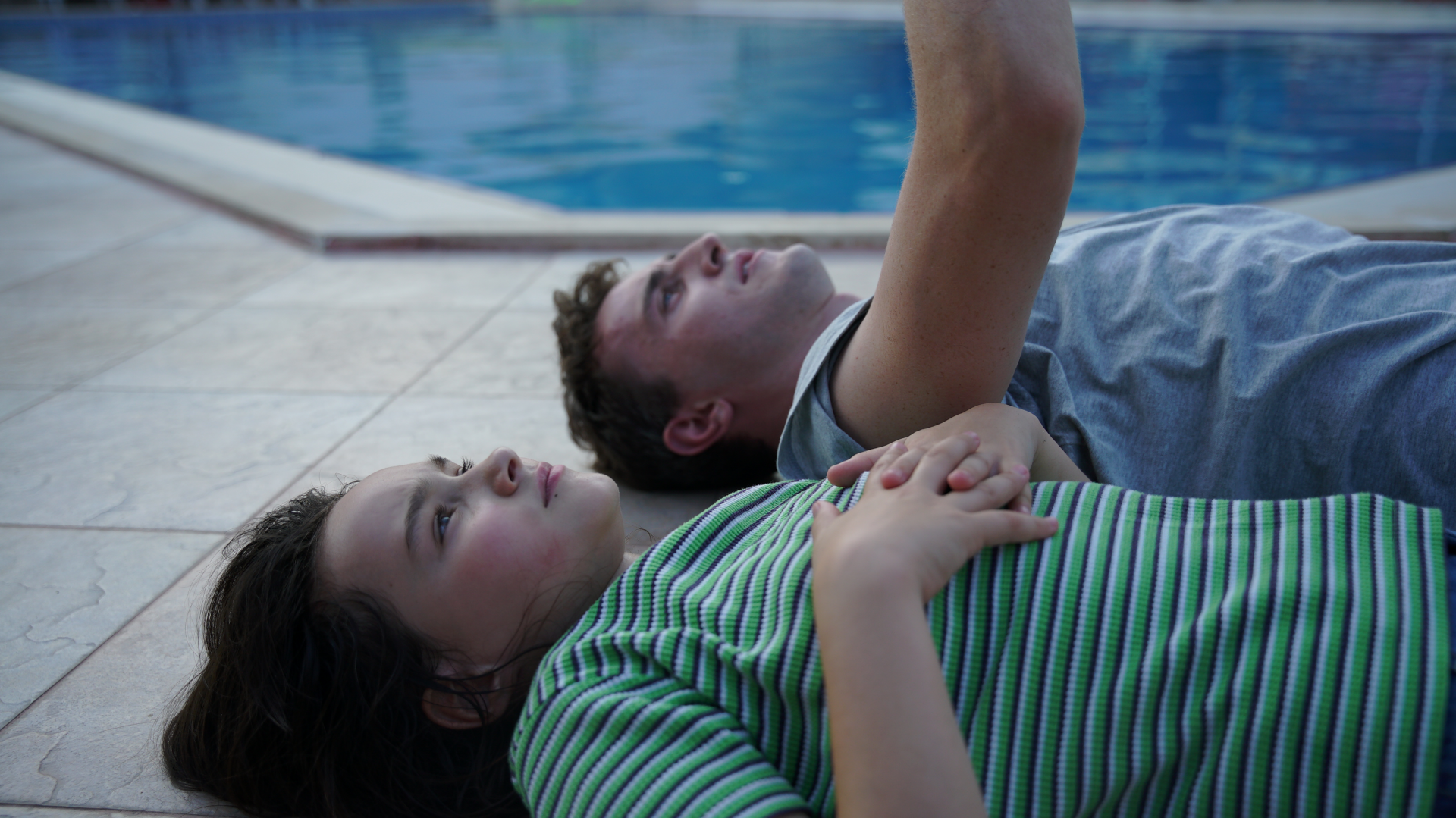
Aftersun, Sarah Makharine, MUBI
Four 2023 films by women filmmakers to look forward to seeing at the cinema:
Anna Diop's gripping and emotional courtroom drama about a young Senegalese migrant living in France who is accused of infanticide. Winner of the Grand Jury Prize at the 2022 Venice Film Festival.
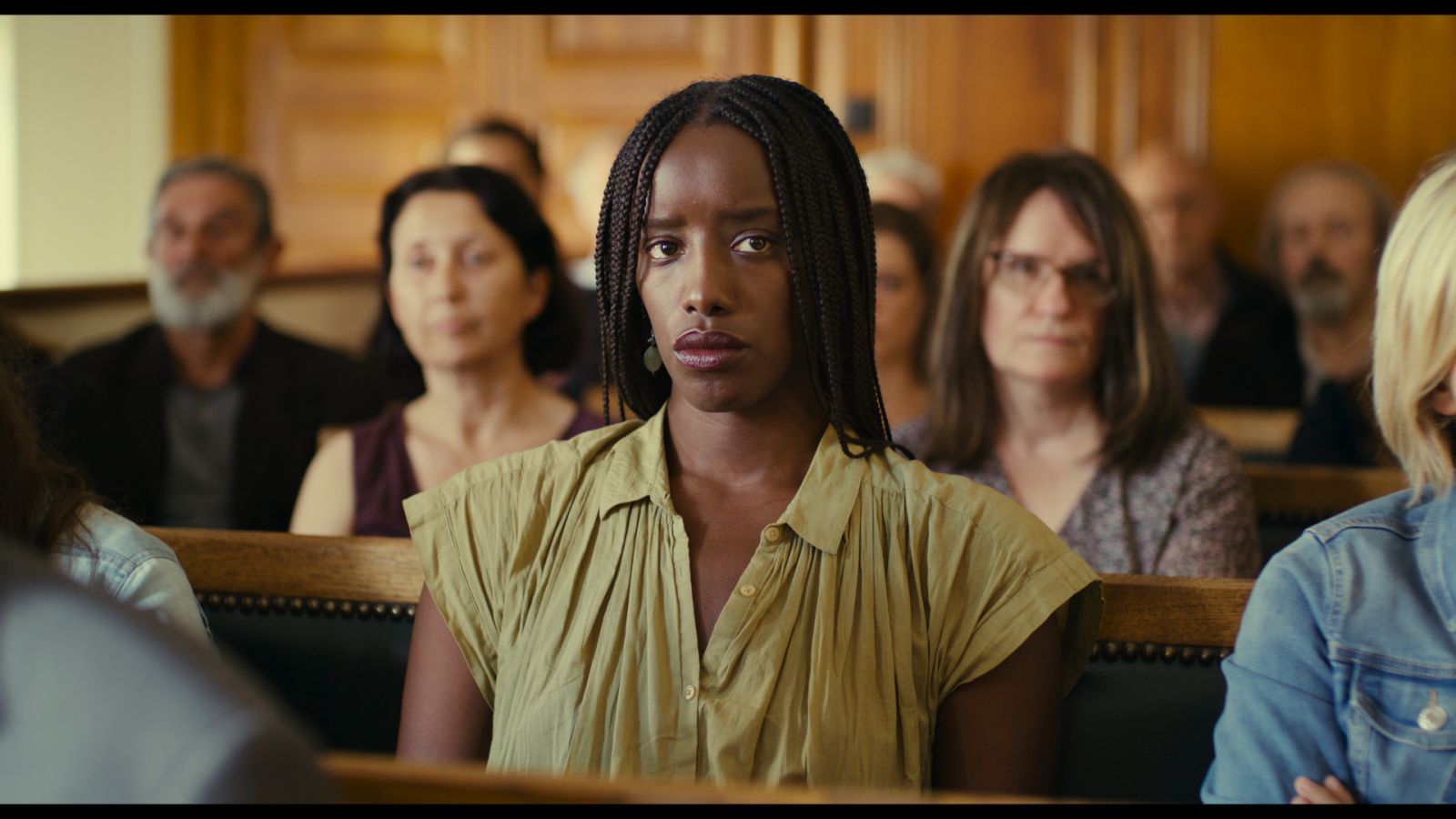
Picturehouse Entertainment
Jessie Buckley, Rooney Mara, and Claire Foy star in this politically charged story of shared trauma and solidarity set in an isolated religious commune, directed by award-winning filmmaker Sarah Polley (Stories We Tell).
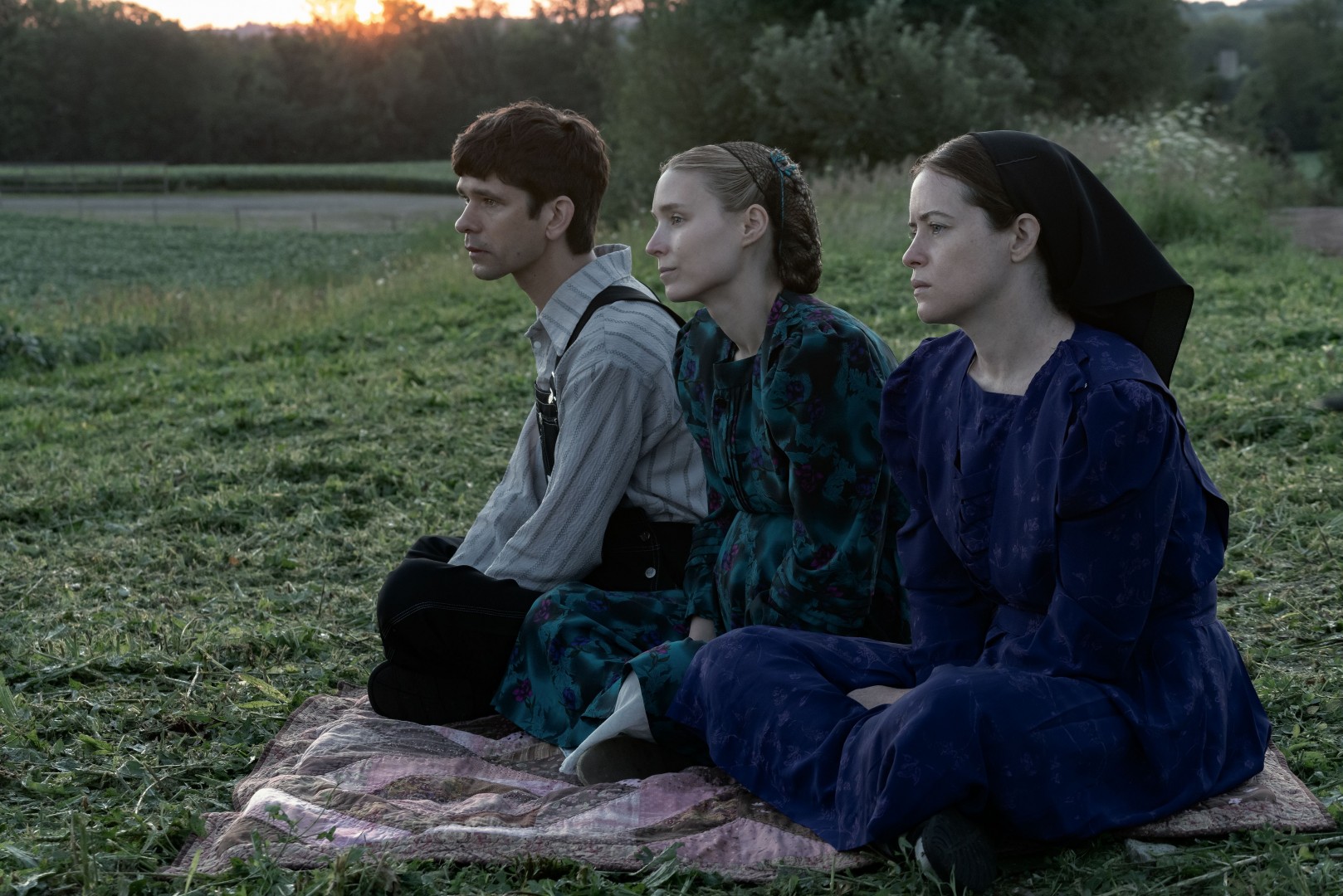
Universal Pictures UK
Georgia Oakley’s soulful drama about a closeted PE teacher reckoning with her identity following the introduction of stigmatising anti-gay laws in Thatcher’s Britain. Nominated for Outstanding Debut at this year’s BAFTAs.
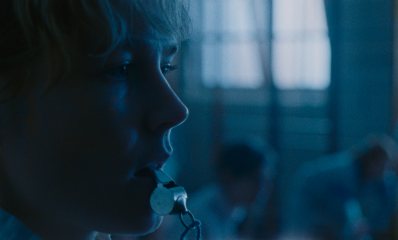
Altitude Film Distribution
1976
Mysterious and unnerving portrait of political paranoia set during the brutal reign of Chilean dictator Augusto Pinochet, from debut director Manuela Martelli.
